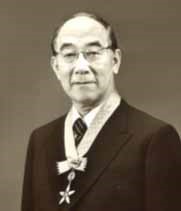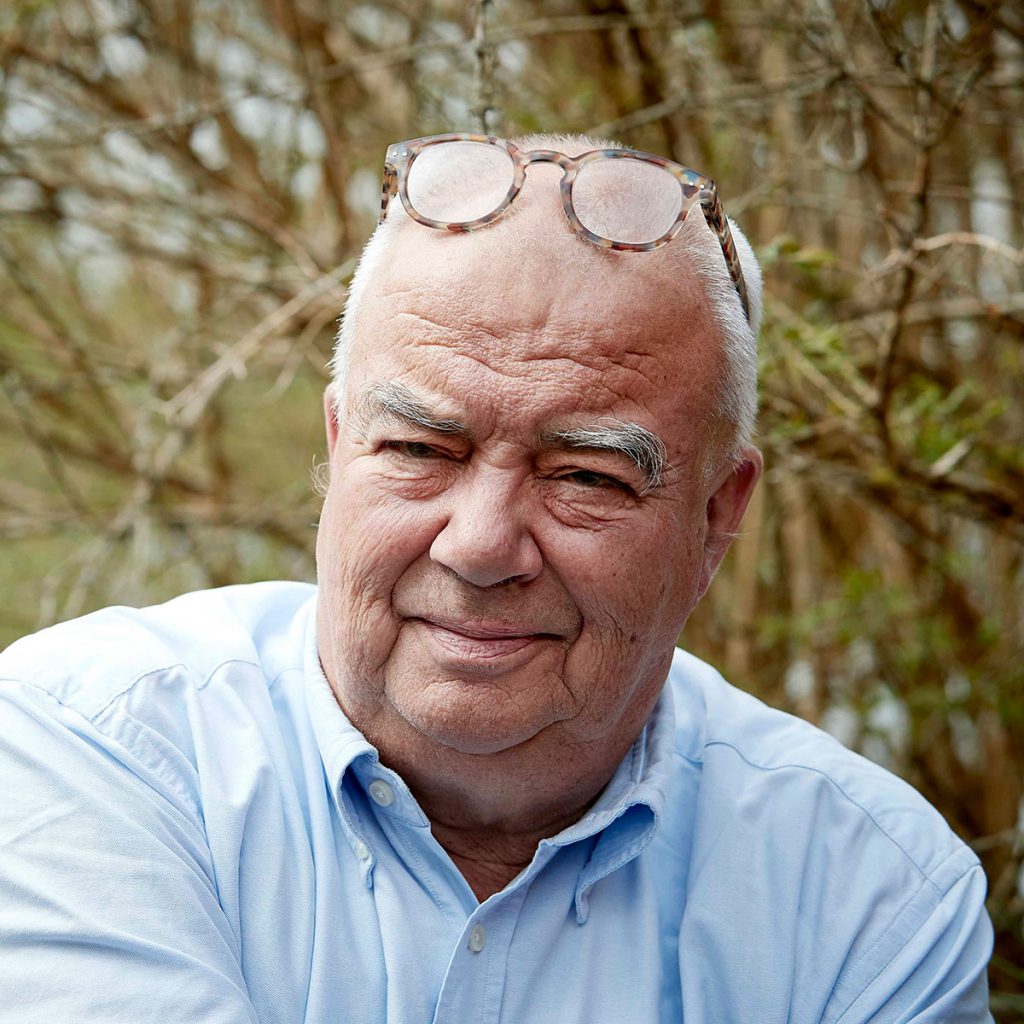This is the highest award given by ISAC for outstanding contributions in the field of antimicrobial chemotherapy. It is generously sponsored by the Microbial Chemistry Research Foundation of Japan.
Professor Umezawa had a brilliant career and made many key discoveries in the fields of antibiotics, anticancer drugs and immunomodulators over many years. The discoveries of kanamycin (1957), josamycin (1967) and bleomycin (1965) were perhaps his most outstanding successes. The first of his 12 antibiotic discoveries dates from 1949, the first of his 18 anticancer drugs from 1953 and the first of his enzymes inhibitors from 1969. Professor Umezawa received many accolades and honorary doctorates, and was even honoured by the Vatican. He was a great supporter of the ISC and a kind host to many foreign visitors to the Microbial Chemistry Research Foundation, of which he was the director.

PURPOSE
The award is intended to honour individual researchers, scientists or clinicians who have made outstanding contributions in the field of antimicrobial chemotherapy. The award may be given for individual pieces of meritorious work or to honour an outstanding career in antimicrobial chemotherapy.
AWARD
The award of 10,000 Swiss Francs, a certificate and a medal will be bestowed upon the successful nominee at the 33rd International Congress of Antimicrobial Chemotherapy (ICC) in Istanbul, Turkey in November 2024. The awardee will also deliver a Plenary lecture.
2024 AWARDEE
We are delighted to announce Professor Gunnar Kahlmeter as the 2024 awardee.
A clinical microbiologist (MD, PhD), Prof. Kahlmeter has worked in clinical microbiology since 1971 and in the field of antimicrobial resistance since 1972. He has more than 35 years of experience in leading people in practical microbiology and in science. Having achieved an MD at the medical faculty of Lund University, Sweden, in 1979, and a doctoral thesis on pharmacokinetics and toxicity of aminoglycosides also in 1979, Prof. Kahlmeter spent 15 years in the University of Lund, Sweden. He was Assistant Professor, medical faculty, Lund University from 1984 and Associate Professor, medical faculty, Uppsala University from 2004. He was the head of clinical microbiology in Kronoberg county from 1985 – 2016, Kalmar county from 1989 – 1996 and Blekinge county from 2010 – 2016.
For 20 years, he has been the head of the Swedish national reference laboratory on phenotypic susceptibility testing of bacteria.
In 2001, Prof. Kahlmeter was asked to reconstitute EUCAST (the European Committee on Antimicrobial Susceptibility Testing) and between 2002 – 2012 served as its chairperson and since then as the EUCAST Technical Data Coordinator and webmaster. He is also the head of the EUCAST Development Laboratory and set up the EUCAST website and the EUCAST MIC database in 2003 and has managed them since then.
Prof. Kahlmeter was President of the European Society of Clinical Micrology and Infectious Diseases from 2012-2014. He recently chaired the WHO AMR STAG committee. Over the last 30 years, Prof. Kahlmeter has served on many committees in various ways involved in antimicrobial resistance and has published in excess of 220 scientific publications.
The fields of study for which he is best known are:
• Antibiotics
• Bacteria
• Internal medicine
His primary scientific interests are in antimicrobial susceptibility, microbiology, antimicrobials, internal medicine and risk analysis. His antimicrobial susceptibility studies are concerned with the larger field of antibiotic resistance. His microbiology studies typically link adjacent topics like antifungals and antimycobacterials. His antimicrobial studies combine topics from a wide range of disciplines, such as pharmacokinetics, therapeutic drug monitoring, susceptibility testing and intensive care medicine.

Prof. Kahlmeter will present the opening plenary lecture at the 33rd ICC on “The quirks of the EUCAST susceptibility testing system”.
